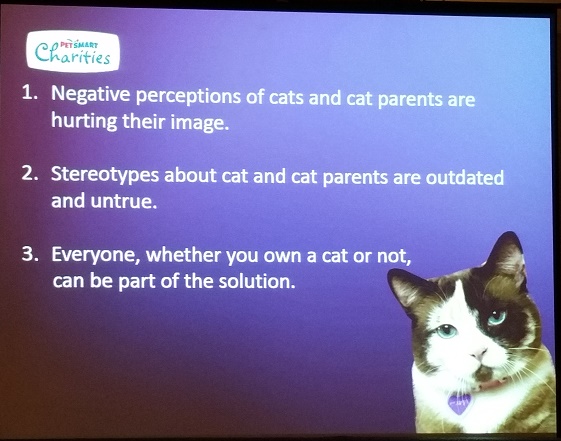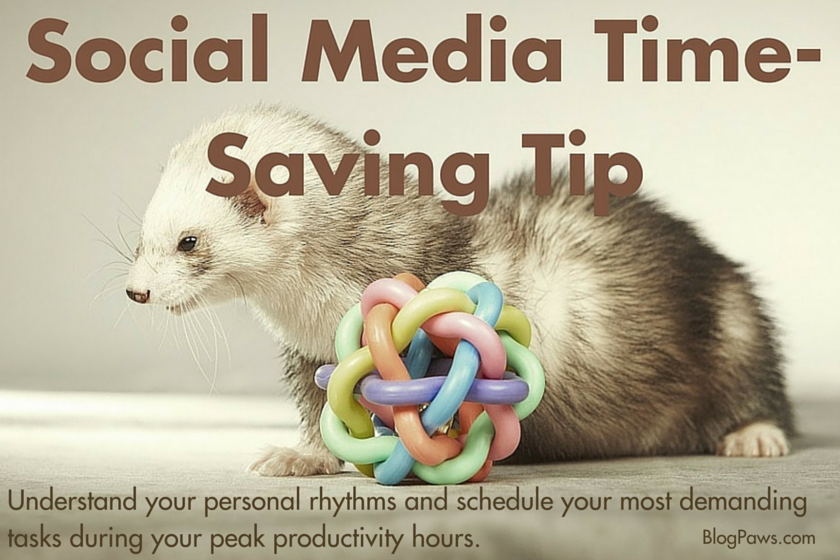A Blogger’s Survival Guide: Writing Tips
Post by Blog Manager Robbi Hess
Ahhhh the life of a blogger. It’s lying in bed until 10 am, getting up, getting dressed (or not), meeting friends for brunch, coming home, eating bon-bons and watching some afternoon television and then placing fingers to keyboard and putting forth brilliant prose. Insert record screeching noise here, because what?! Is this what your blogging life is like?
When you made the statement, “I’m going to be a blogger, and make money” were your words met with crickets? Did  you imagine it would be as simple and breezy as the first sentence above? If you haven’t started down the path of “working blogger” yet you may want to grab a beverage, settle in and take heed to this sentence: Writing aka blogging is HARD WORK. I am not certain which word to emphasize most — the hard or the work.
you imagine it would be as simple and breezy as the first sentence above? If you haven’t started down the path of “working blogger” yet you may want to grab a beverage, settle in and take heed to this sentence: Writing aka blogging is HARD WORK. I am not certain which word to emphasize most — the hard or the work.
The day I decided I could no longer tolerate corporate America because I am not good at small talk or office politics I realized that if I wanted to get out of there and become self employed I had to be willing to work even harder than I did for my employer. After all, my employer paid me for simply showing up. When you’re self employed no one pays you unless you actually work! What did that really mean? No sleeping in until 10 am. No meeting friends for coffee regularly. No watching television all day. Most importantly, no waiting until The Muse arrived. If you wait for inspiration to strike you may be waiting a long time, my friend.
Here is my blogger’s survival guide and writing tips that I learned through trial and error. May they help you!
- Writing is hard work. Even if you have dabbled in writing and “fancy yourself a writer” you won’t be able to make a living at it until you realize it is a job. It is work. You may love to write and you may be enamored of words, but that doesn’t mean that love and passion will make churning out words for a living hard work. You need to always be on and on the look out for ideas that you can turn into blog posts.
- Embrace the crappiness of it all. As Natalie Goldberg wrote, to paraphrase, “there will be shitty first drafts” and your job is to turn them into works of art. Even on those days when the words simply will not come together in a cohesive fashion, you still need to keep your butt in the chair and your fingers on the keyboard. When I used to teach writing classes I told my adult students there is no such thing as writer’s block, there are only lazy writers. Harsh? Perhaps. But as one who makes a living with words, I know that even if I am not feeling it, I still have to get the words down.

- Set deadlines for your work. Regardless of whether you are writing one blog post or ten or writing a novel or putting together an editorial calendar, if you don’t have a deadline, chances are you will not finish. I am a firm believer in both deadlines and to-do lists. Putting your tasks down on paper or virtually in a program like EverNote keeps you on track and keeps you moving toward a goal. Without a goal your writing tasks may not ever be completed and your friends and family will ever wonder if you’re ever going to make any money! When I work with clients I find that once they put all of their goals and tasks down in writing, they are able to see the entirety of it, set timelines and deadlines and they complete these projects more often than individuals who “wing it.”
- Don’t toil alone. Yes, I’ve said you don’t want to meet friends for coffee every day, but to backtrack a bit, you don’t need to, nor do you want to, toil alone. Join a community of like-minded individuals. The BlogPaws Community is a perfect example. If you want to be a pet blogger or somehow involved in the pet industry you will want to network with others who have the same dreams and thoughts. If you don’t network — and you should be doing this offline as well as online by attending networking events or conferences — you will become stagnant. Also, if you don’t keep up with the trends in your niche you will become irrelevant.
- Carve out time and space for your work. If you don’t have a spare room in the house or if you don’t have a corner of a room that you can claim as your own work space, you may need to find yourself a space outside of the home. Why? If you want to be taken seriously as a working writer you need to have a space in which to work. If you’re sitting on the couch with your laptop, sure, you can get work done but are you truly thinking of yourself as a working writer? Or are you thinking of yourself as someone who sits on a couch and writes? Perception is reality. If you work from home, set office hours for yourself and ignore the housework, the laundry and running errands. When you take a break for lunch — and yes, you should step away from the computer and take a break — you can decide then if you want to tackle housework or if you want to take your dog for a walk and then have a healthy sandwich — your choice.
Remember, writing is an art form. It is also a skill that many individuals are using to make a living and with dedication and stick-to-itivness, you just might be able to join the ranks. If you’re a newbie writer looking to make a living with your skill or whether you’re a long-time writer who is making a living at it, I’d love to hear your challenges and secrets to success!
(Photo Shutterstock Cat on computer)






